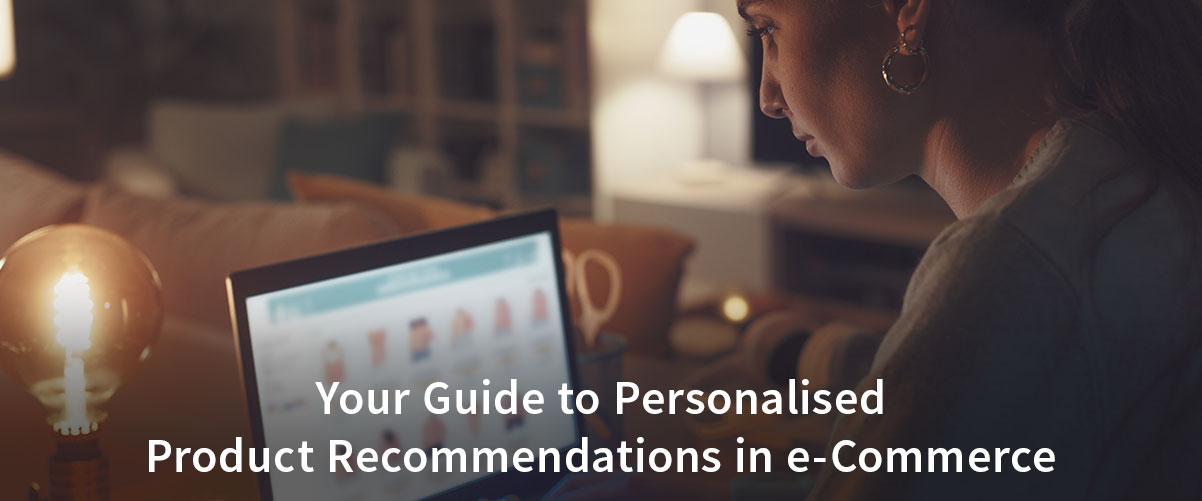
In the rapidly changing and ever–accelerating world of retail, the integration of AI and next-generation technologies is not a trend—it’s an imperative. Retailers who are quick to adopt these innovations will be the winners. Yet, the success of technology-powered transformations hinges upon a fundamental: putting people first. This means both the staff who drive the business and the shoppers who sustain it.
Embracing AI and Next-Gen Technologies
Artificial intelligence, machine learning, and other next-gen technologies are revolutionising the retail landscape. From predictive analytics to personalised shopping experiences, these tools are reshaping how retailers operate and interact with customers. By leveraging AI, retailers can optimise inventory management, improve demand forecasting, and enhance customer service through chatbots and virtual assistants. Furthermore, technologies like augmented reality (AR) and virtual reality (VR) are creating immersive shopping experiences that bridge the gap between online and offline retail.
Yet, the true potential of these technologies can only be realised when they are integrated with a people-first approach.
The Role of Employees in Tech-Driven Transformations
Employees are the backbone of any retail operation. As retailers embrace new technologies, it is also important to think about the effects on their staff. Automation and AI can make processes more efficient and eliminate manual labor, but also cause workers to worry about losing their jobs. To counteract this, retailers can spend money on upskilling and reskilling staff. Offering training programs and opportunities to develop can empower staff to learn new technologies and make their roles better.
In addition, including the employees in the process of transformation can provide a feeling of ownership and collaboration. Getting inputs from frontline staff through interactions can result in better and more feasible adoption of new technologies. If the employees feel appreciated and cared for, they are more inclined to adopt change and promote a positive work culture.
Improving Customer Experience
At the heart of retail transformation is the customer experience. Shoppers today desire seamless, individualised, and easy shopping experiences. AI and emerging technologies have the potential to drive these outcomes. Personalisation engines can work with customer information to deliver contextual recommendations and offers, while predictive analytics can determine customer needs and wants ahead of time.
Also, AI-driven chatbots can offer immediate support and help, making the customer experience more positive. Yet, a balance must be found between technology and the human touch. Technology can respond to repetitive questions, but tough problems still need the compassion and insight that human agents alone can offer.
Creating a Culture of Innovation
For a people-first transformation strategy to be successful, retailers need to develop an innovative culture. This means promoting a culture of change and creativity. Leadership sets the tone for innovation. By creating a culture where experimentation is promoted and failure is seen as a learning experience, retailers can promote continuous improvement and remain competitive.
The Ethical Considerations
As AI and other technologies are integrated into retailing, the ethical implications need to be tackled. Privacy and security of data are top priorities. Retailers have to take care that customer data is treated confidentially and complies with full disclosure. Trusting the customer is crucial, and this has to be established by keeping the use of data transparent and having strong security in place.
Revolutionising Retail with ETP Unify’s AI-powered Technology
ETP Unify provides actionable, AI-powered insights and innovations for unified commerce success. Its AI-based Product Recommendations powerfully improve the customer experience at checkout. Based on multiple interactions, taking into account both product features and demographic information of customers, these recommendations are made using a Matrix Factorization Algorithm. On choosing a customer, the model makes personalized product suggestions based on the purchase history of the customer and fine-tunes its proposals as more products are moved to the cart. These suggestions are graphically displayed on a two-screen setup for the customer to choose from and can be easily added to the billing screen by the cashier, optimizing the process of checkout and making room for upsell opportunities.
ETP Unify‘s Order Management with AI enhances e-Commerce performance and security by quickly detecting and isolating suspicious orders. The proprietary Machine Learning model detects anomalies by analyzing different order attributes and assigns a confidence score to make intelligence-driven decisions. This real-time detection maximizes inventory for legitimate orders, minimizing risks and preserving operational efficiency. The AI model learns from new orders in real-time, ensuring true prediction and streamlined order processing. With continued research and innovation in AI technologies, ETP Unify is set to discover more opportunities for innovation, revolutionizing the face of unified commerce retail software.
The future of retail is in the successful convergence of AI and emerging technologies. But the secret to unleashing their full potential lies in a people-first strategy. By putting the needs and welfare of both customers and employees first, retailers can build a balanced and innovative culture that stimulates growth and prosperity. Adopting technology with a human face will not only make operations more efficient but also forge long-term relationships with customers and create a high-performing and resilient workforce.




